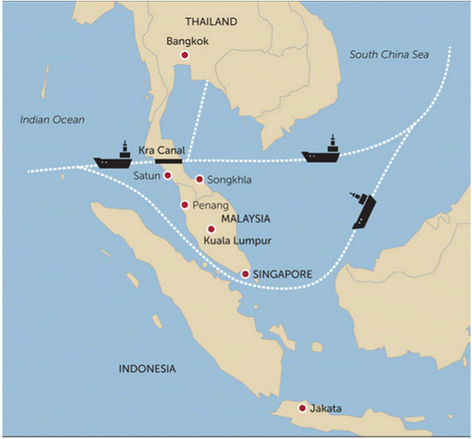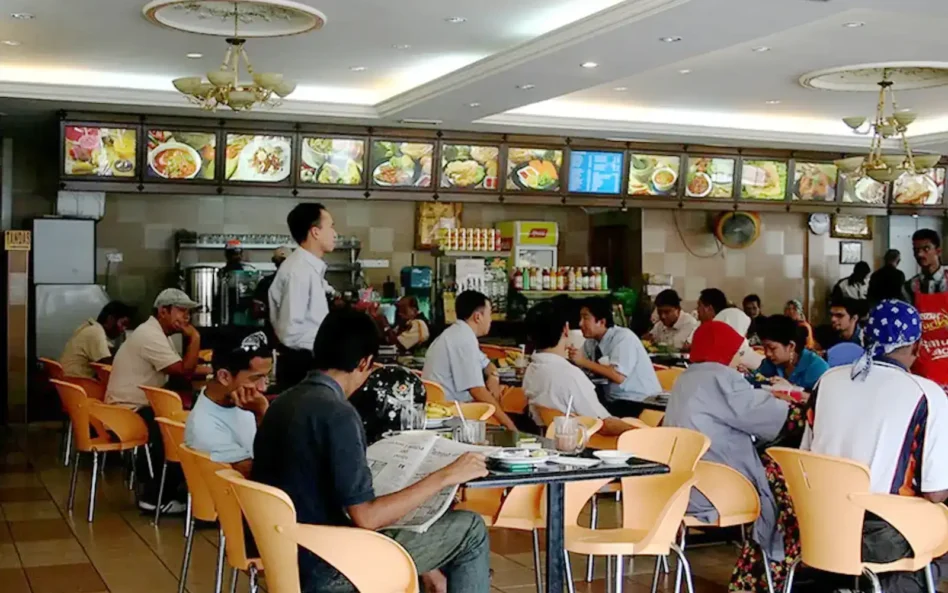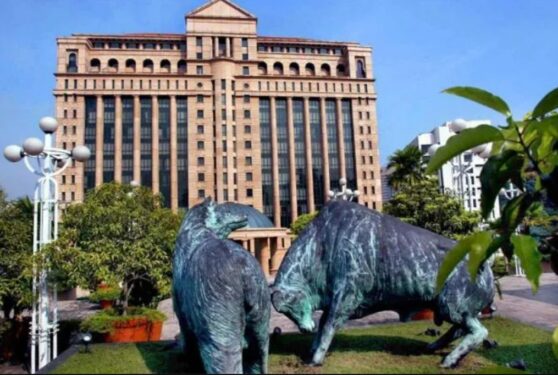 By Ismail Omar
By Ismail Omar
SINCE the inception of the fatwa on the applicability of cash waqf in 2007, many have been promoting and capitalising the availability of cash waqf into property investment. However, the fatwa comes with one condition: cash waqf must be converted into property once ready. This indicates the dynamics of waqf exercise and requirements.
Historically, in the early 15th Century, the Ottoman Empire used to incorporate cash waqf into property investment and development. Using the cash waqf as an instrument, they had successfully developed waqf property. Similar development has been sighted in other parts of the Islamic world years later, especially in Egypt, Kuwait and Indonesia.
However, one needs to fully understand the importance of inalienability, perpetuity and illiquidity as investment qualities in both mawquf. Indeed, cash waqf offers a way out of “unlocking the values of waqf land”.
For example, Waqf Imarah Tower in Jalan Tun Perak, Kuala Lumpur which is worth about RM200 mil has been successfully developed by a partnership between Tabung Haji and Majlis Agama Islam Wilayah Persekutuan.
Similarly, Taman Wakaf Seetee Aishah in Penang has been developed in partnership among Majlis Agama Islam Pulau Pinang (MAIPP), UDA Holdings (North) Bhd and Bank Islam (M) Bhd.
Both successful developments have used cash waqf to a certain extent in providing funds to the schemes. The two projects indicated that waqf is not for the sake of religion only, instead it may involve a big real estate project too.
Cash waqf has become increasingly renowned particularly because of its flexibility. Cash waqf is a monetary trust fund received by a mutawalli that will be invested or transferred into intangible assets in generating some returns. This will be used to assist the needy or other pious and social dedication as requested by the waqif (donor).
According to Professor Murad Cizakca, a prominent waqf researcher from Turkey, historically, cash waqf not only played an important role in providing public services needed by the community but also had been proven as being an important source of funding for Islamic expansion in Europe. In fact, an effective cash waqf certificate programme through Social Investment Bank Limited (SIBL) had significantly reduced poverty in Bangladesh.
Generally, cash flow (or manfaat waqf) might be generated from three different sources namely operating, financing and investing activities. Thus, cash waqf in Malaysia is no longer restricted to its traditional nature. It has evolved and extended towards contemporary approaches such as receiving cash via banking services like Wakaf Selangor Muamalat, through sukuk and shares waqf issuance as well as waqf crowdfunding.
Cash waqf aims to pool public funds as a waqf asset (either financial/capital/endowment asset). Those assets will be managed in a good governance that could generate an income stream besides maintaining its initial value to grow, or at least to preserve its perpetuity. Hence, there is controversy among jurists on cash waqf’s validity because of its convertible nature that leads to the violation of perpetuity (ta’bid) character.
There is no doubt that having cash around as “spending money” is a necessity. Yet, the exclusive perpetuity character of waqf creates an effective platform for sustainable economic growth and differentiation from other benevolent assets. Based on the majority of jurists from Malikies, Shafiies and Hambalies, cash waqf is permissible subject to an element of non-preservation of its corpus if it can be transferred into a sustainable asset .
There is limited knowledge on the potential investment instrument and this has caused cash waqf monetary values to be restricted to real estate investment and ordinary general investment. Therefore, the past decade has seen cash waqf in Malaysia fast developing into various means of property. Property has been attracting considerable interest as it offers a range of different qualities of investments.
Property has alienability and, most interestingly, perpetuity as compared to cash waqf. Property is a hedge against inflation since the average appreciation rate in property investment is always higher than the inflation rate.
In actual fact, the development of real property is highly capital intensive and encompasses several complex layers. Currently, there are several financial supports that could secure waqf property financing but due to volatility of the economic situation, the use of external financing for waqf property is risky and costly.
Therefore, cash waqf may offer a good hedge against inflation. Besides, there are other few challenges associated with property assets such as ageing infrastructure, inadequate funding, limited infrastructure information, globalisation and the need to satisfy multiple stakeholder demands.
Since waqf means alhabs or detaining the mawquf (object), only the manfaat (such income flow) can be utilised for the need of mawquf alaih (beneficiaries). Consequently, property waqf is considered as a permanent instrument of protection or retaining wall of the ummah in the long term. In other words, waqf property protects the landownership of the ummah from being eroded in the marketplace. Instead, with a proper property investment and development, the owner would enjoy capital appreciation and income flow (or manfaat).
On the other hand, Malaysian property investors are delighted to invest more in the very near future. Valuers have highlighted that property values increased by up to 40% in 2016. Generally, the past years indicated up to 30% appreciation in property values. The trend, unfortunately, is decreasing to about 25% due to the impact of Covid-19. Therefore, post-Covid-19, the property market is looking forward to the injection of cash waqf to further rejuvenate it.
In contrast, property investment has its own drawbacks. Property offers a low liquidation rate, that is it takes a longer time to convert into cash. It takes a longer while to subdivide, partition or amalgamate whilst cash has high liquidity.
Property researchers have highlighted that difficulties in property waqf are confined to three categories: legal and administrative, economic and financial and socio-political elements of land supply constraints.
First, the legal and administrative frameworks are found lacking in terms of proper registration of waqf land and inadequate databases. Additionally, problems in administering land tenure, rental management, planning and difficulty in controlling the charges and payments to the authority further dampened the good governance and state-of-the-art of waqf land management and administration.
Secondly, the strict financial rules in securing funds for development from banks and financial institutions had dampened the initiatives to develop waqf land. In addition, there are cases where the rental paid by tenants to the religious council is lower than the market rate due to long-term rentals and non-renewable rental agreements.
Thirdly, regarding socio-political agenda, sensitivity of the ownership and survivorship of the Malay/Muslim agenda had adversely affected the way waqf land is viewed and how it can be enhanced for its highest and best use in the open market. Traditionally, waqf is viewed as being for religious purposes and not for multimillion projects.
Nevertheless, property offers protection for the owner in the long run as compared to cash. Professor Sirman Jaffe of the University of Wisconsin-Madison in the United States pointed out that investment in property offers the ideal kind of investment (income producing, always have demand, equitable, capital and rental appreciation and leveraging with the bank loan).
There are problems with unaffordability of the people to invest and buy property on their own using bank loans. Most banks are reluctant to offer loans to developers and buyers to undertake investment and development of waqf land due to market risks. As an alternative, waqf cash can be promoted to contribute to the financing of waqf property and using the manfaat to help the people in providing habitable shelters to them.
In doing so, players like related waqf agencies, banks and banking institutions, and Tabung Haji must initiate cooperation to provide alternative ways in redesigning fragile geopolitical boundaries in the very near future. Therefore, these solutions may pave the way forward for the transformation agenda of waqf property in the country. — May 4, 2020
Ismail Omar is president of the Malaysian Professional Land Society and a lecturer at Tun Hussein Onn University









